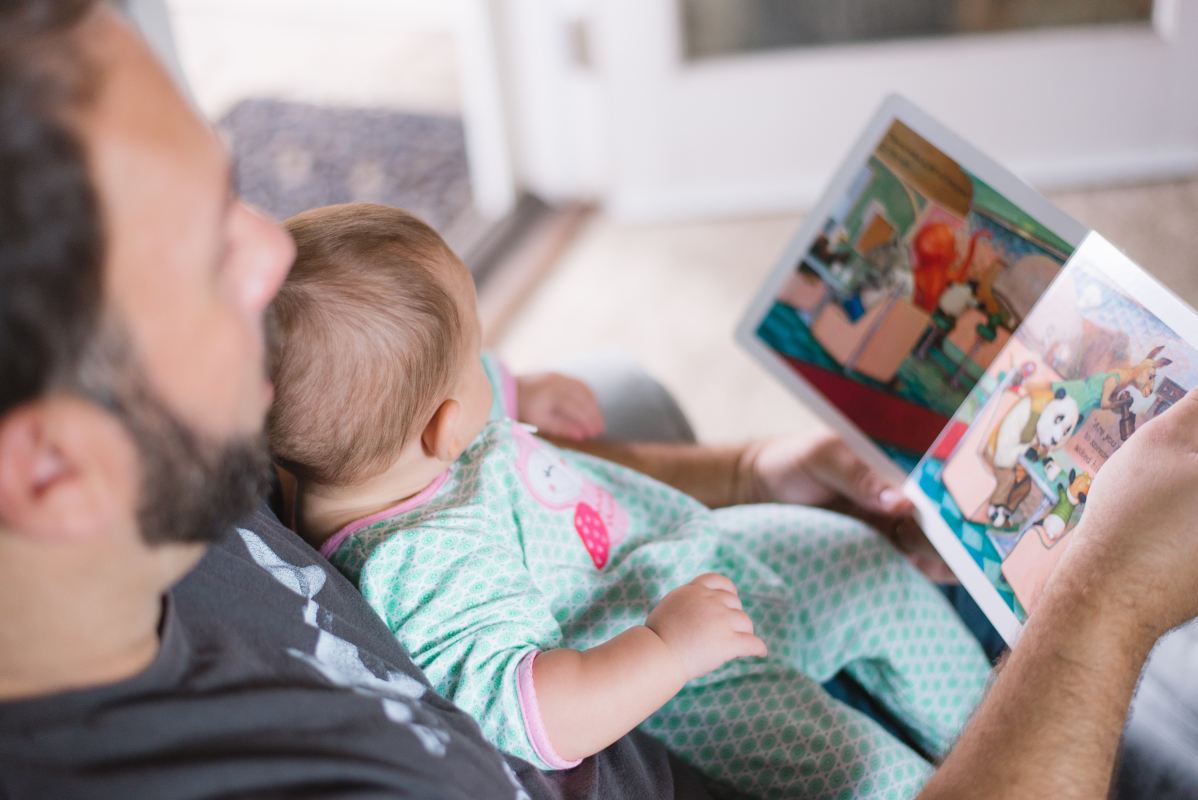Editor’s Note: RealClearLife, a news and lifestyle publisher, is now a part of InsideHook. Together, we’ll be covering current events, pop culture, sports, travel, health and the world.
As attitudes surrounding gender and family structures continue to evolve and change, it makes sense that division of labor between heterosexual couples would shift accordingly. Unfortunately, however, it’s still much easier to be a good dad than it is to be a good mother.
Clinical psychologist and author Darcy Lockman took on the issue of gender equity in childcare in a recent New York Times op-ed, claiming that “the optimistic tale of the modern, involved dad has been greatly exaggerated.”
According to Lockman, while “division of labor in the home is one of the most important gender-equity issues of our time,” actual parenting behaviors have yet to respond. While men’s childcare efforts rose significantly throughout the latter half of the last century, those rates have since hit a plateau, leaving women to shoulder about 65 percent of childcare work. MenCare, a group devoted to promoting childcare equity, reportedly estimated it could be another 75 years before men worldwide successfully close that gap.
Pointing to the work of family researchers, Lockman noted that while the so-called “culture of fatherhood” has changed, fathers’ actual behavior has yet to reflect that shift. According to Lockman, this is due to what sociologists have called “a largely successful male resistance.”
However, added Lockman, the so-called resistance has less to do with conservative parents intentionally holding onto traditional values, and may instead reflect a difference in the ways men and women register inequality. Studies have reportedly suggested that men feel more comfortable than women do when “getting away with something,” and they are also less tolerant when they find themselves on the other end of an unfair situation.
In both the professional and domestic workplaces, this response to unfairness tends to translate to men’s “feeling of entitlement to women’s labor,” wrote Lockman.
“If anything is going to change, men have to stop resisting,” she wrote. “It’s up to fathers to cop to this, rather than to cop out.”
Thanks for reading InsideHook. Sign up for our daily newsletter and be in the know.


















